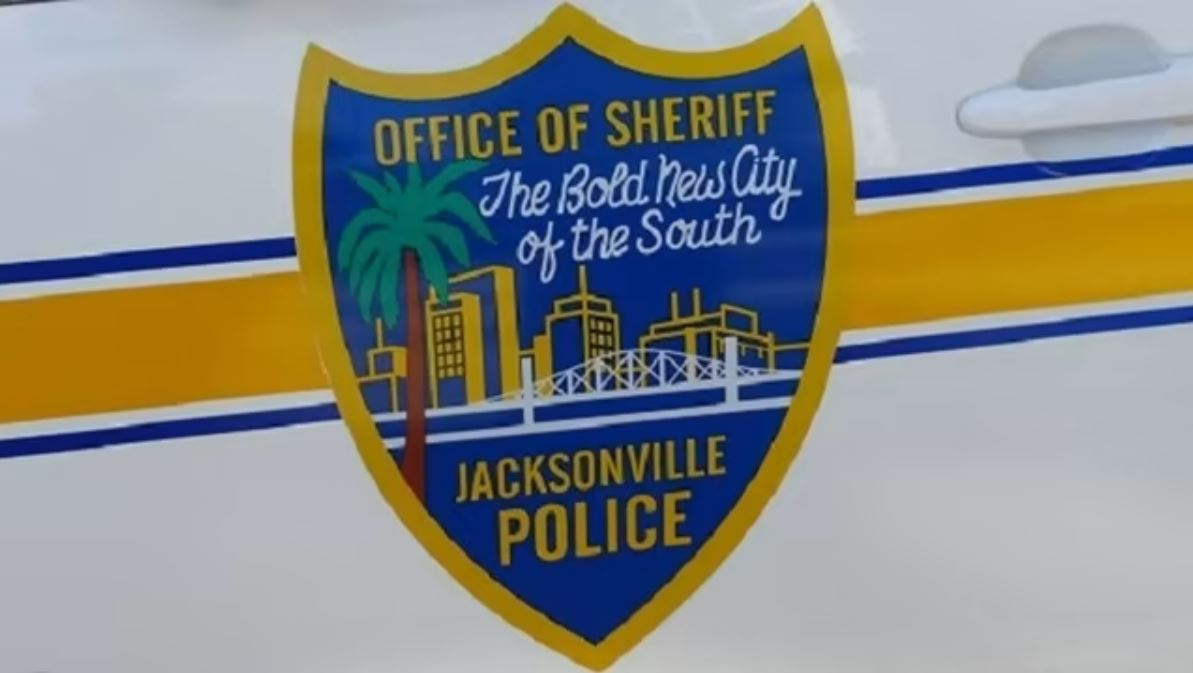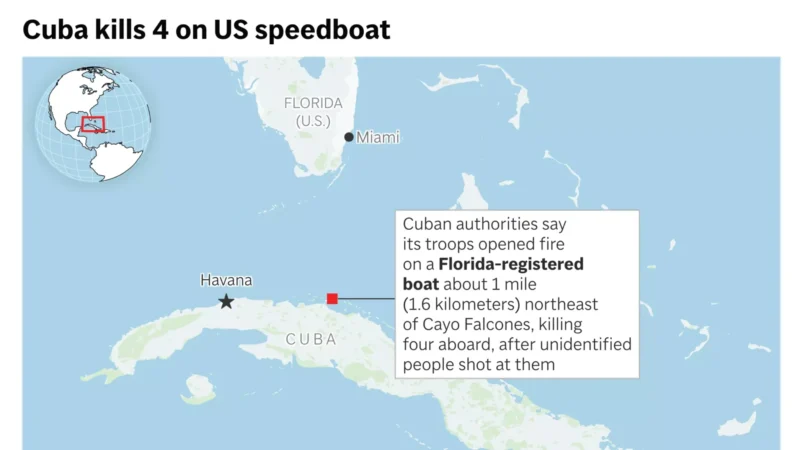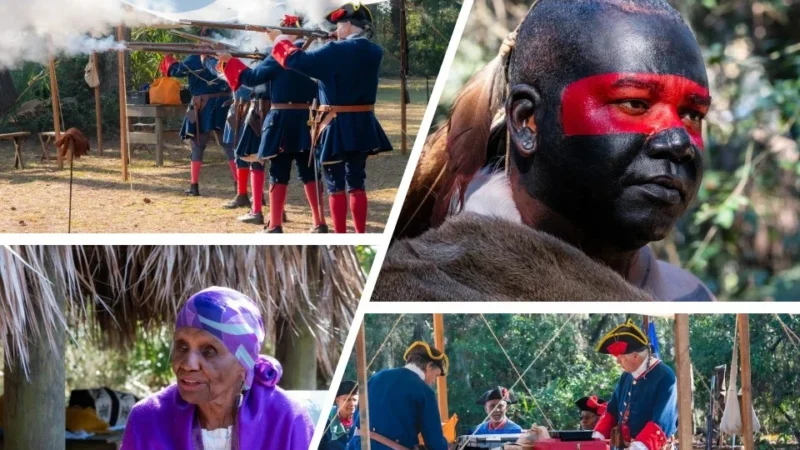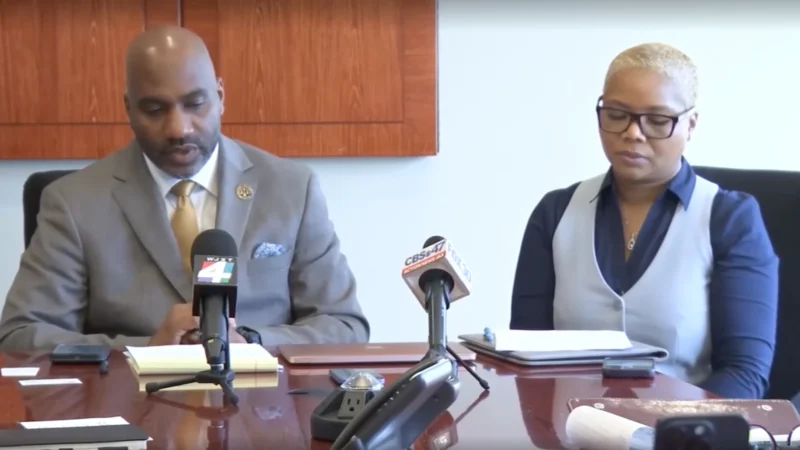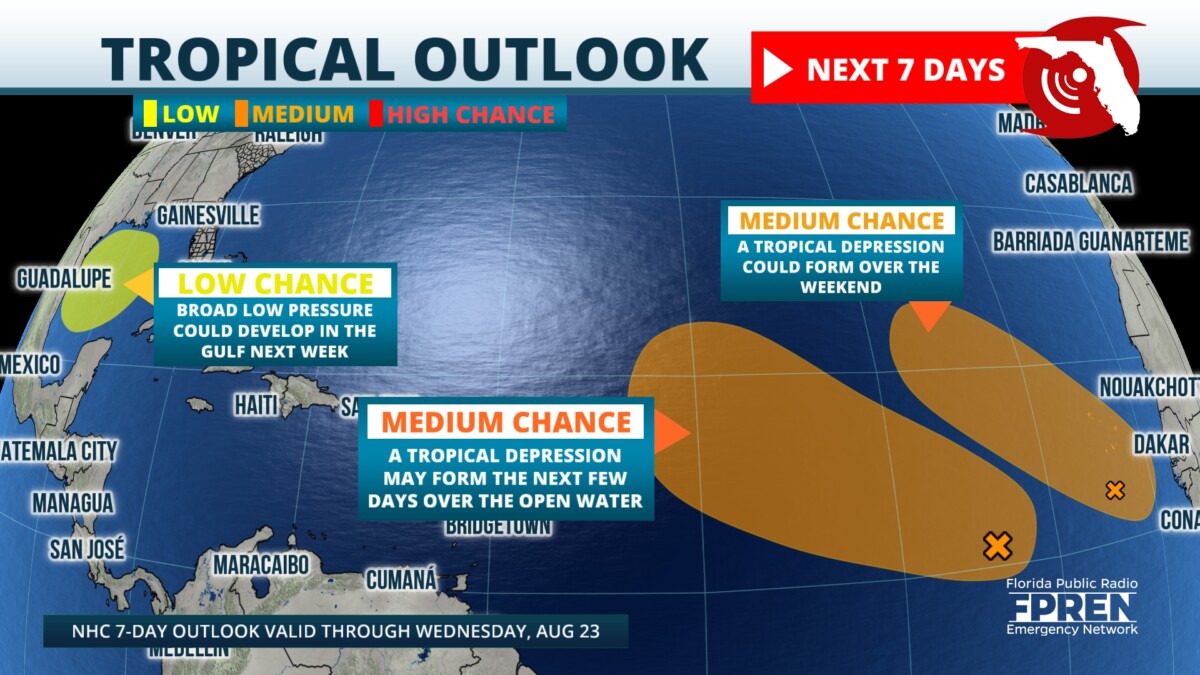Police Chief Jaime Eason remembers a woman who had been mentally ill “for a very, very long time,” often incoherent as she hung out around what is now EverBank Stadium.
Officers had dealt with her for years. Even Eason, Jacksonville’s chief of patrol, remembers confronting the woman when Eason was still patrolling the streets years ago.
Then in 2020, the Jacksonville Sheriff’s Office became the third agency in Florida to pair officers with a state-certified mental health clinician to handle emotionally charged situations — and to get people into counseling or treatment programs instead of jail.
The clinician was able to work with this woman for almost two years while on patrol with the officer.
“Now she is not homeless anymore. She has a job, and she is living in temporary housing and trying to get full-time housing,” Eason said. “It’s night and day. You talk to her, and she never had conversations like that before because we never understood what she would say. Now it’s a completely different person on the medication that she needs. Those are the success stories that we are trying to do.”
Today, Jacksonville is working to expand efforts like these linking police officers with mental health clinicians. The goal is to put at least 12 teams on the streets.
The state’s first program started about six years ago in the Gainesville Police Department, then the Alachua County Sheriff’s Office adopted the concept in 2020. They were funded by LSF Health Systems, which manages behavioral health care for people facing poverty in 23 counties in Northeast and North Central Florida.
Jacksonville’s pilot program started with help from the Mental Health Resource Center, until COVID-19 arrived in March of that year and put a temporary halt to it.
How it works
Jacksonville’s program teams a police officer trained in crisis intervention with a certified mental health clinician in marked police cars. They respond to calls involving people who are often sent to crisis stabilization programs, emergency rooms and jail, giving immediate on-scene support, counseling and early trauma intervention. The clinician also can make referrals for counseling and offer follow-up services, police said.
The result is that the clinician can basically make “house calls” on the street with an officer and try to build a relationship with those people to get them help. Using that one woman as an example, Eason said many would have ended up in an emergency room or committed for a psychiatric exam.
“We would have Baker Acted her, because at times she was violent. She was very belligerent to people,” the chief said. “She would just berate people, and you didn’t even understand what she was saying. So they would often call and we would have to go down there. The only thing that police could do because it is not our speciality is to Baker Act her so we could get her something.”
If someone with mental illness got violent, “we would have to arrest” them, she said.
“And it has happened a bunch, and that’s what we are trying to avoid,” Eason said. “We don’t want to arrest our way out of problems when it comes to people that just really need a doctor’s care and they need therapy or medication. We don’t want to fill our jails with that. That is not what the jail is for. That’s not what police officers want to do.”
Jacksonville’s program began with one team of an officer and clinician, then saw three officers assigned as “co-responders” with clinicians in early 2021. That increased to 12 officers in January 2022, initially with four clinicians working with them, Eason said.
With the city now divided into six police service districts, those 12 officers are split 50-50 between the east and west sides, Eason said. Right now, there are only three clinicians riding with an officer on shifts, with another coming on board soon, the chief said.
Until 12 clinicians are riding with the officers, Eason said, the teams are focusing on sectors within those districts that have higher levels of calls involving people with issues, mainly the Riverside and Downtown areas for now.
“However, if there is another call for service, say out in Arlington or Mandarin, where an officer with a co-responder says we have somebody who really wants to seek long-term care, we will have a clinician ride out there and handle that problem,” Eason said. “So we are divvying them up around the city.”
With those teams on the street, 65% of the people they were sent to deal with were diverted to programs, counseling or mental health resources versus jail, Eason said. In June of this year, with three clinicians working with officers, the diversion rate was 33%, Eason said.
She said the program has been “very successful.”
“Police officers are not equipped to take the time that clinicians can to get long-term care for people who have mental illness,” Eason said. “And oftentimes, people who are in these types of situations can show signs of criminal activity because they can be aggressive; they can be scary to people that don’t otherwise know them. In fact, they just don’t understand themselves why they are acting this way.”
Expansion statewide
The Florida Sheriff’s Association states that Crisis Intervention Teams like these are “an effective law enforcement response program” for first responders who handle calls involving people with mental illness. Many law enforcement agencies in Florida now employ them on the streets.
- An Orange County sheriff’s unit has trained mental health clinicians from Devereux Advanced Behavioral Health paired with deputies to respond to calls for service involving mental health crises.
- The Clearwater Police Department has a similar initiative to reduce the number of people with mental illnesses in jail.
- The Melbourne Police Department worked with Central Florida Cares Health System Inc. and other providers to start a program in 2022.
- The University of Florida Police Department is the first campus police department in the country to launch a co-responder program.
In Jacksonville, Sheriff T.K. Waters was asked during a town hall meeting in July whether the Sheriff’s Office will team more clinicians with police officers.
Waters said the agency is working now “to build a stronger response team,” adding that there is an entire part of the city’s population that deals with mental illness and “not all of them deserve jail.”
As for expanding the program past the current 12 officers and four clinicians, Eason said the success so far has led to work to seek continued funding.
“The ultimate goal is that we would have 12 clinicians with our 12 co-responders, then grow that even more,” Eason said. “We would love for every district to have dedicated co-responders.”


